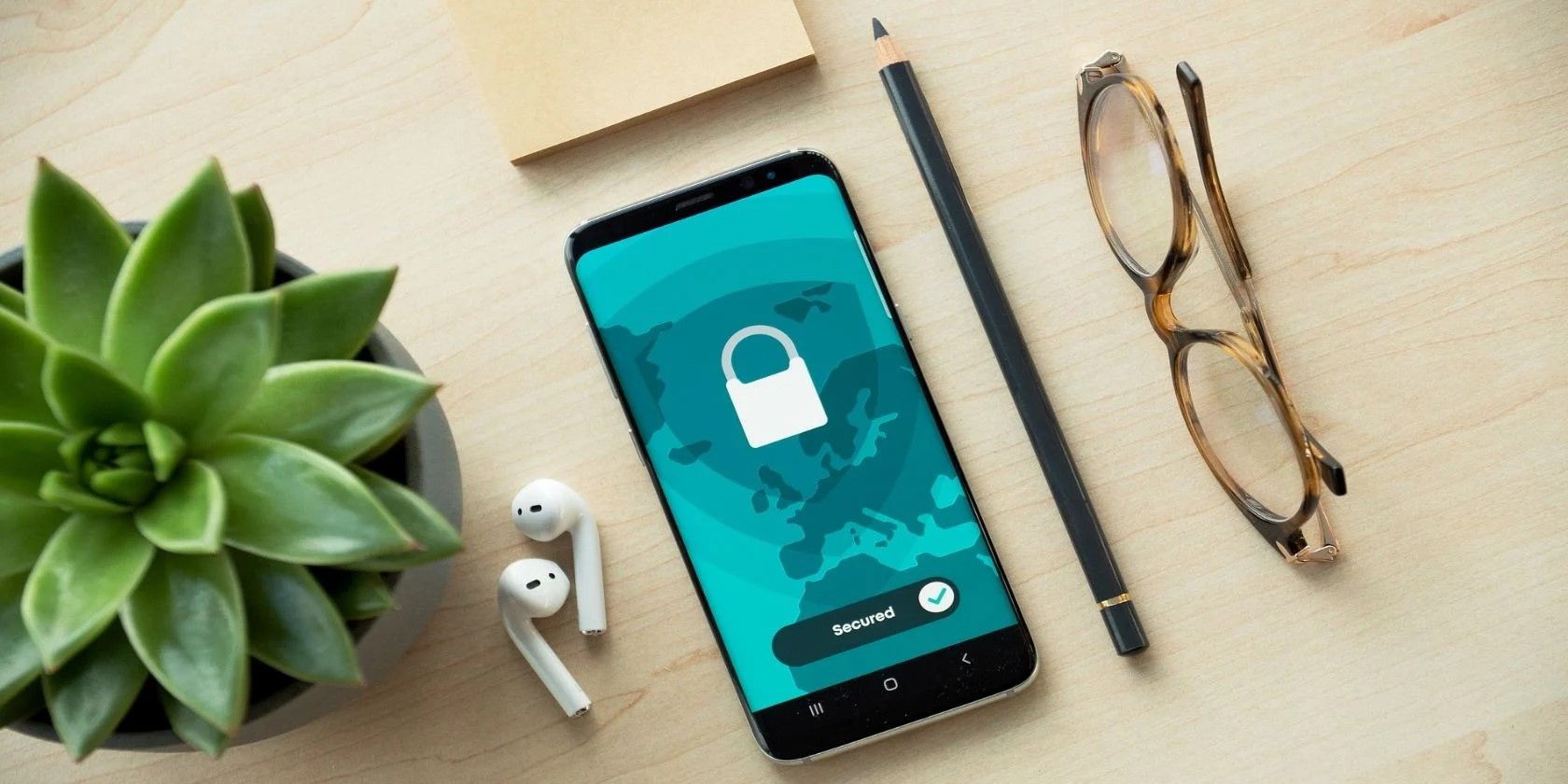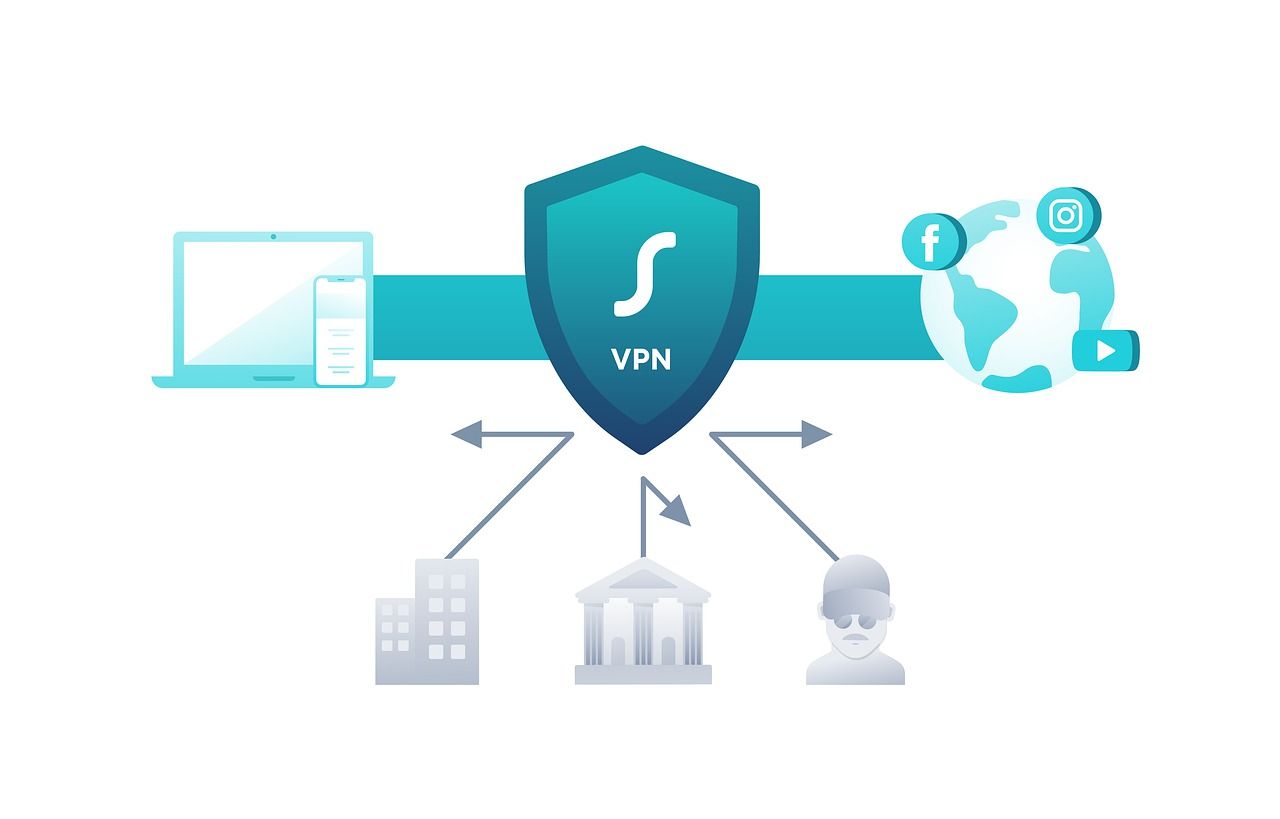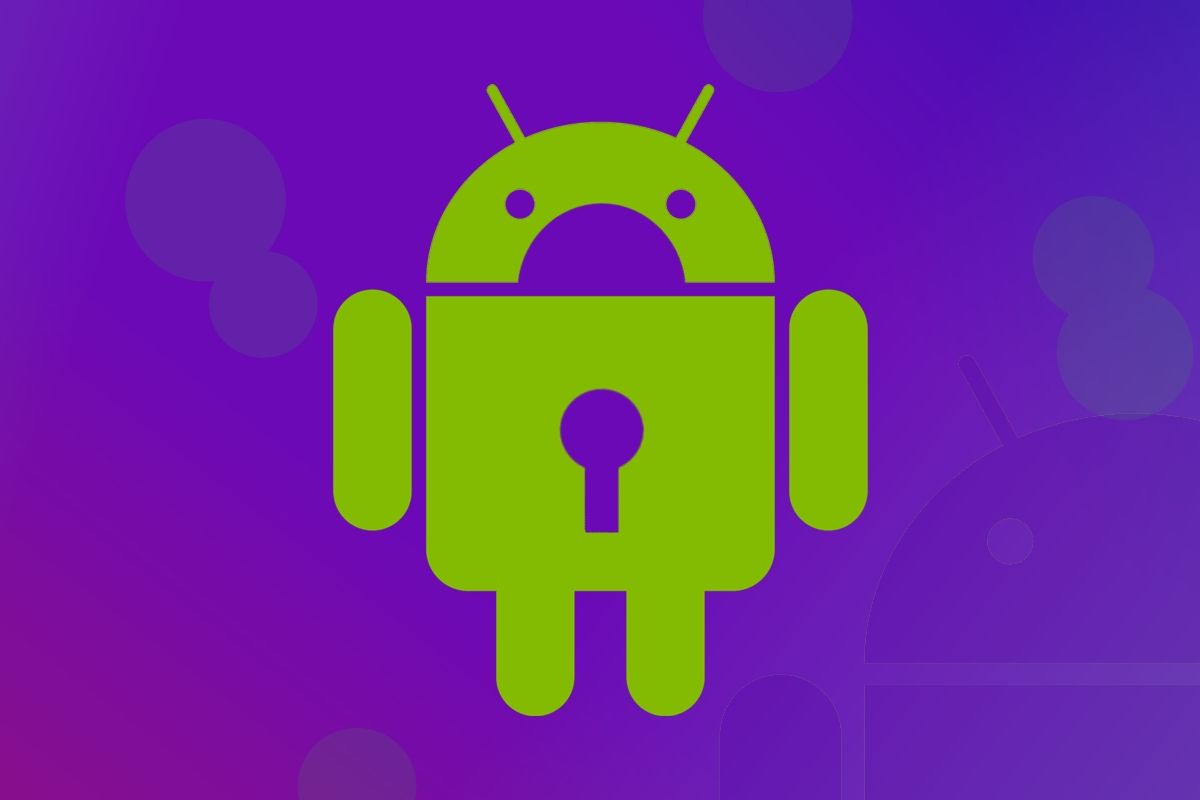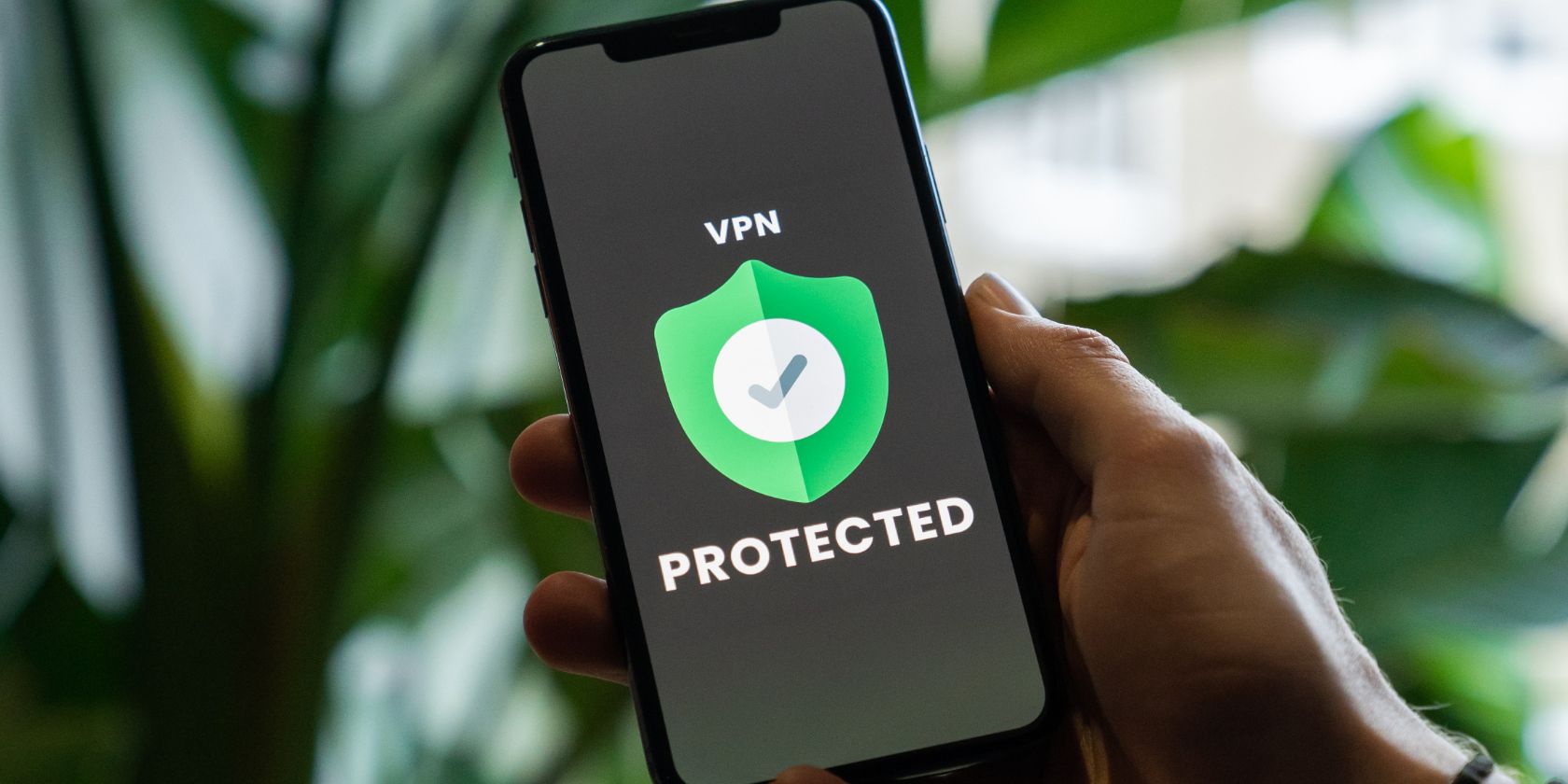When you’re away from the house, you’ll likely use your mobile device for many online activities that could leave your data exposed to threats. For a faster connection than your mobile service provider might offer, you may consider connecting to public Wi-Fi.
VPNs mitigate the risks of surfing the web, even when you're away from home and using unfamiliar networks. The question is: do you really need a VPN on your Android device?
What Does a VPN Provide for You?
A VPN isn’t just good for internet security, though it is what they’re best known for. There is no sure-fire way to browse the web wholly protected from hackers, data-trackers, and malware—but a VPN will offer a useful layer of protection along with some other unique amenities.
What Is a VPN?
A VPN, or Virtual Private Network, is a utility that allows you to more safely and securely browse the internet, amongst other things. However, its most important feature is that it encrypts your activity. By connecting your device to a VPN server, your activity is forwarded between your device and the internet via the VPN. This means the VPN acts as a checkpoint or tunnel between your device and the internet, mitigating opportunities for others to intercept your traffic and stopping your identifiable data from being stored on a website’s servers.
There’s plenty more to learn about how a VPN works regarding the tunneling and encrypting processes, but what’s essential to understand when considering your Android device is how it makes mobile browsing safer while also expanding your browsing capabilities.
What Can a VPN Do for Me?
VPNs are built for privacy. However, they aren’t the quintessential solution—they do have their limits. Most VPNs boast the superiority of their speedy encryption over the competition, but their ability to completely stop sites from tracking user data is questionable, however adamantly they argue otherwise. A VPN will stop sites tracing your IP address, but they aren’t always able to stop sites from collecting behavioral data. So, what exactly can a VPN do for your Android device?
Along with keeping your data encrypted wherever you are, no matter your point of connection to the internet, VPNs offer you the ability to access the web from virtually anywhere in the world. This means that you can maintain a cohesive online presence, no matter where you go.
If you’re traveling to a country where certain websites are blocked, or you’re visiting Japan and you find that your favorite show is absent from their Netflix catalog, a VPN will allow you to connect to servers across the globe to access sites and their content from other countries.
Most VPNs today offer easy solutions to building a secure tunnel through which you’ll forward your data. Previously, it was up to the user to set up a VPN client to encrypt their traffic. Most people choose a reputable VPN service because of their simplicity and the typical plethora of features available for enterprise or personal use, like allowing you to establish unique accounts for personal and business use.
There are plenty of other reasons to use a VPN service, but you should know that there is another option available to you thanks to Android’s built-in client.
What Protections Does Android Include?
Android devices running 4.0 and later support VPN apps, but most devices also come with a built-in client. Before you start browsing for the best free VPNs on Android, you should consider what your Android device is already capable of.
What Does Android’s Built-In VPN Do?
Android has a built-in VPN client, which includes multiple methods of manually connecting to a VPN service. These methods include PPTP, L2TP/IPSec, and IPSec. This means that if your business uses a VPN service of any kind, you can add it to your connection options in your device's network settings and log in using the credentials provided by your administrator.
This also means that if a friend uses a VPN on their home network, you can join it by simply looking it up and logging in—provided they give you the necessary log-in information. This allows you to avoid the use of an app when you’re somewhere that offers a VPN connection.
However, this is not a VPN itself, but another connection method afforded to Android users. It’s nice to have options, and if your need for a VPN is limited to the workplace, or you have access to a VPN through friends or family, this will be a useful tool.
Google’s Privacy Sandbox on Android
One unique feature that Android devices boast over the specific services of VPNs is Google’s implementation of the Privacy Sandbox on Android devices—an initiative that launched on February 16, 2022.
Previously, we discussed the ability of VPNs to encrypt your data, ensuring that most of your valuable information isn’t stored in website servers. One thing that VPNs can’t truly ensure is that websites won’t collect behavioral data based on your habits, or cookies that track your data.
The Privacy Sandbox initiative intends to see cookies made obsolete within the next few years. These data-tracking practices will be replaced by Topics, which build temporary profiles based on your interests to provide a personalized, non-intrusive browsing and advertising experience.
The best part about this is that the Privacy Sandbox is available to all Android users and can be used in tandem with a VPN to make for an incredibly safe and private online experience.
Do You Need a VPN on Android?
Considering Android’s built-in options in contrast to what a VPN service would offer, on top of Google’s implementation of the Privacy Sandbox on all Android devices, is a VPN necessary for a safer Android device? The answer depends entirely on your use case.
The Sandbox will eventually be enough to ensure that most of your data that is typically collected by cookies will be safe during normal browsing sessions. This will make browsing for the average user a safer experience. However, if you often travel, work from your mobile device, or even if you like to do your homework at the local café, a VPN will offer greater data protection than the Privacy Sandbox alone.
If you don’t personally require the protections offered by a VPN, but your job or school does, you should find out if your workplace offers VPN service. If they do, you shouldn’t have to pay for a VPN subscription; rather, connect your Android phone using its built-in client.
Together, the Privacy Sandbox and a VPN will make for a browsing experience that keeps your data out of the hands of the websites you visit, keeps your location private, and stops websites from tracking your habits while visiting their site—all while allowing you to connect to servers around the world with access to sites and services that may be unavailable to you in your country.
Overall, it doesn’t hurt to have the VPN’s protection on top of Google’s privacy initiatives, especially when most of us are constantly online in our personal and work lives. Besides, it's easy to set up a VPN on Android.
Keep Yourself Secure When Using Your Phone
Should you decide that you want to browse outside your country or encrypt your data while using your Android device, go ahead and use a VPN on Android. Otherwise, if you decide a VPN isn't for you, there are many other tools available to strengthen your online security.




